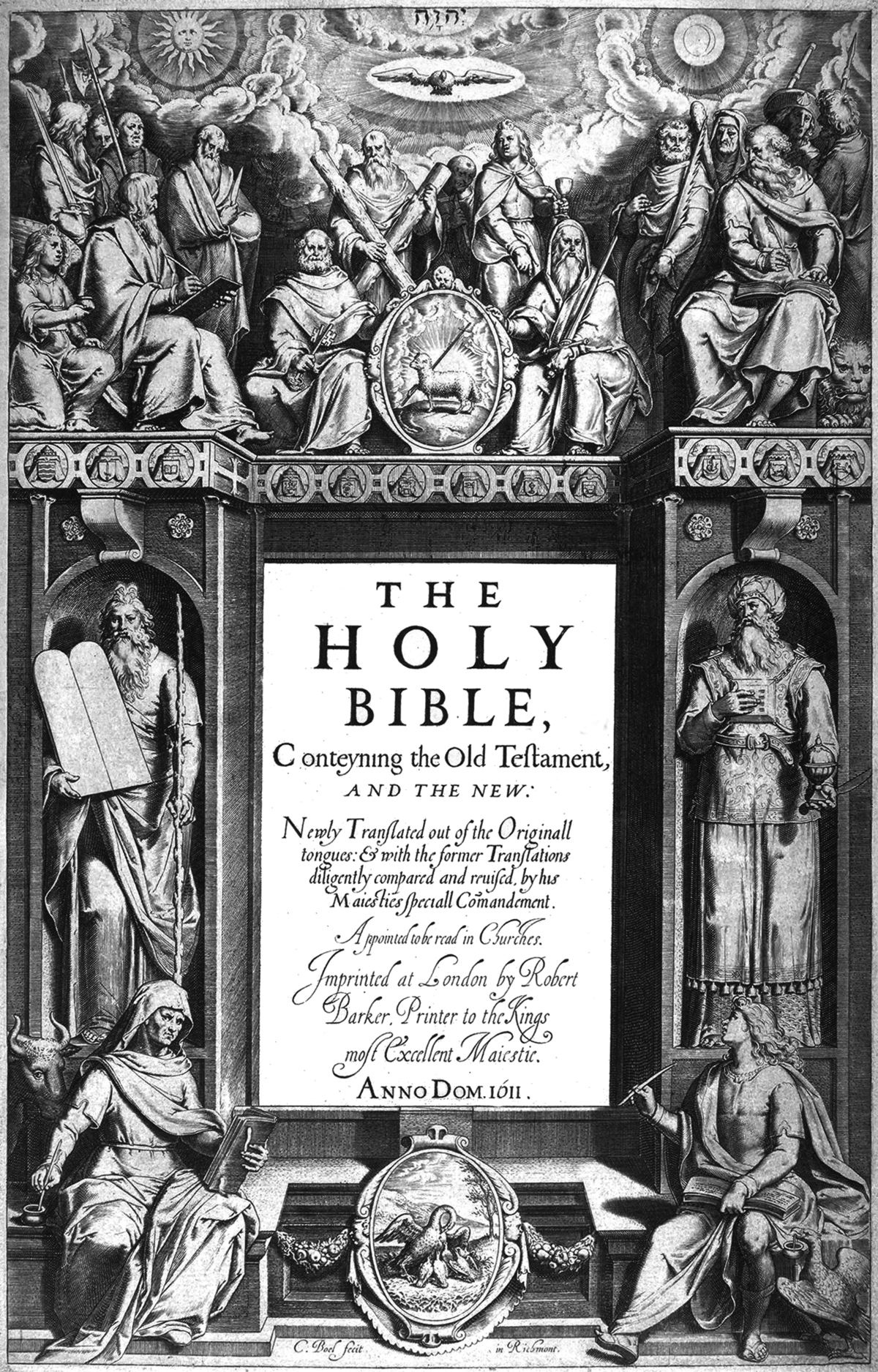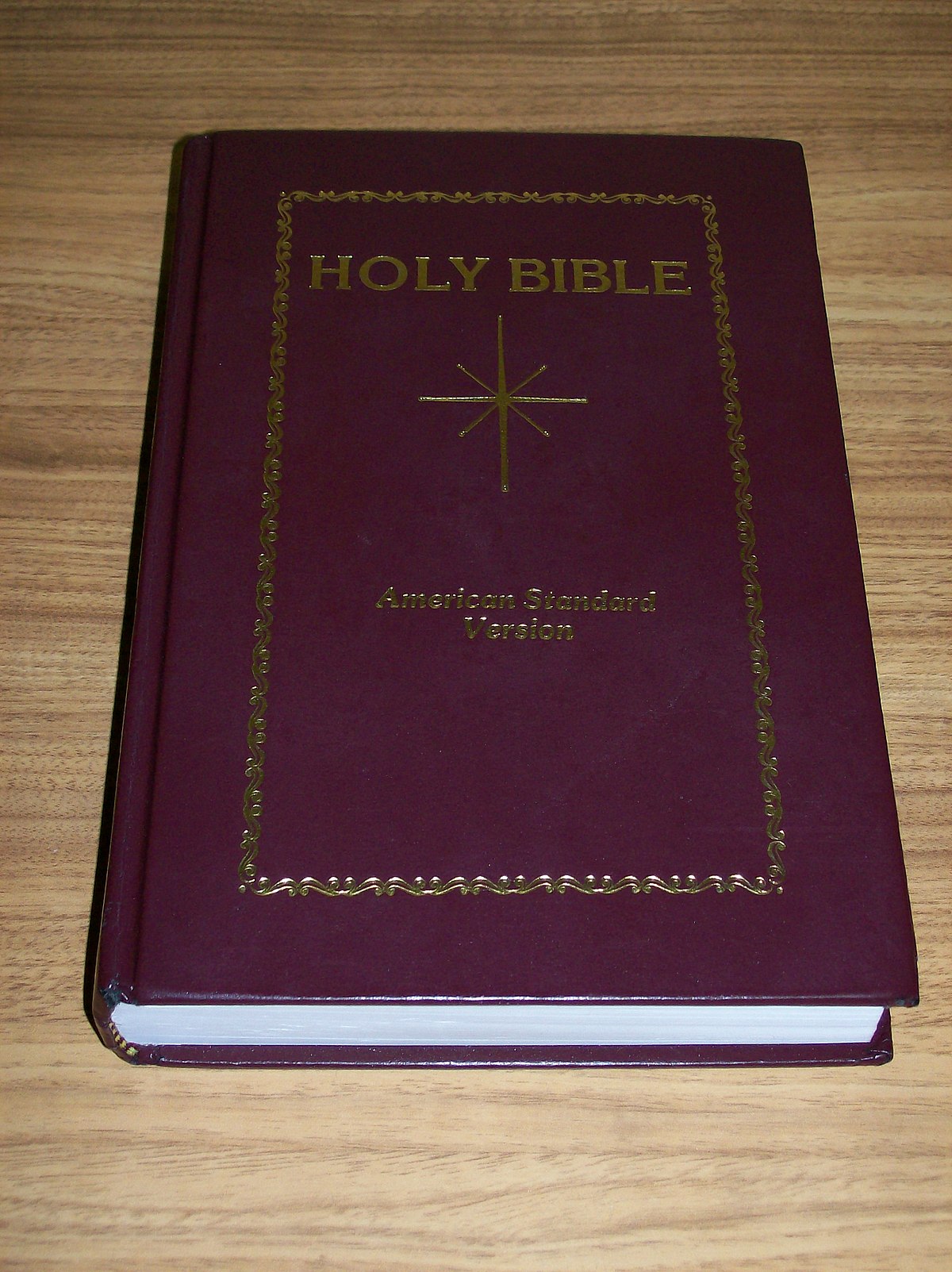jmt356
Member
1 John 5:7 in the KJV states as follows:
"For there are three that bear record in heaven, the Father, the Word, and the Holy Ghost: and these three are one."
However, 1 John 5:7 in the ASV and RSV omits the text found in the KJV. It states instead:
"It is the Spirit who bears witness, because the Spirit is truth."
Does the KJV or the ASV and RSV follow the earliest manuscript copies of 1 John 5:7? If it is the ASV And RSV, then how did the doctrine of the Trinity of the Father, the Son and the Holy Spirit wind up in the KJV and doesn’t its absence from the earliest manuscripts impugn the validity of the doctrine of the Trinity?
"For there are three that bear record in heaven, the Father, the Word, and the Holy Ghost: and these three are one."
However, 1 John 5:7 in the ASV and RSV omits the text found in the KJV. It states instead:
"It is the Spirit who bears witness, because the Spirit is truth."
Does the KJV or the ASV and RSV follow the earliest manuscript copies of 1 John 5:7? If it is the ASV And RSV, then how did the doctrine of the Trinity of the Father, the Son and the Holy Spirit wind up in the KJV and doesn’t its absence from the earliest manuscripts impugn the validity of the doctrine of the Trinity?








